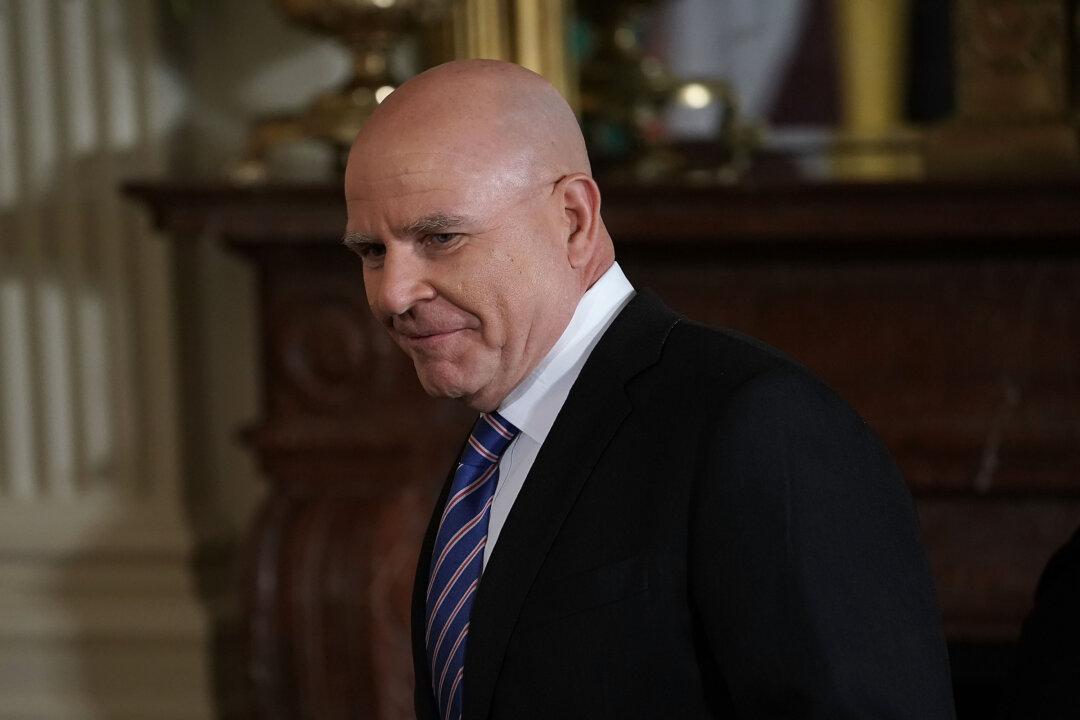The threat of a Chinese invasion of Taiwan makes the island the world’s “most significant flashpoint” that could lead to a “large-scale war,” according to former national security adviser H.R. McMaster.
McMaster, speaking before a Senate Armed Services Committee hearing on March 2, said that Chinese Leader Xi Jinping views Taiwan as the “next big prize” after solidifying the Chinese regime’s control domestically—by imposing a draconian national security law in Hong Kong, and its genocidal campaign against ethnic Muslims in the Xinjiang region.





